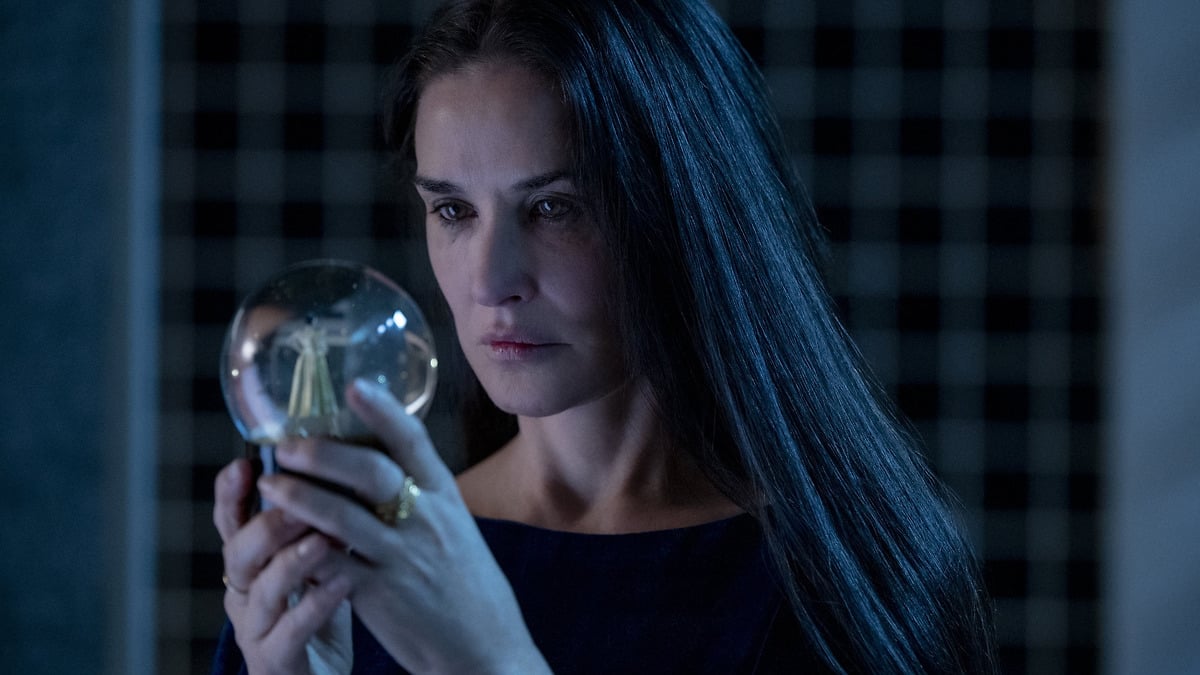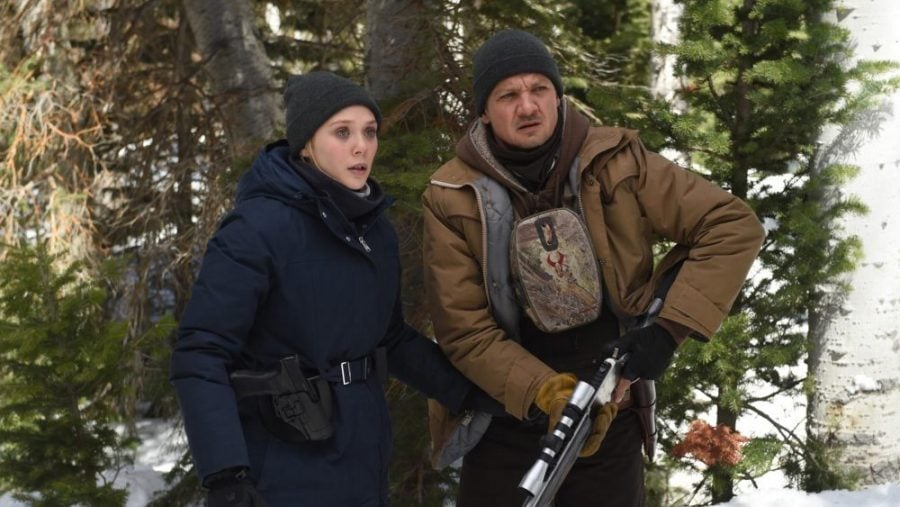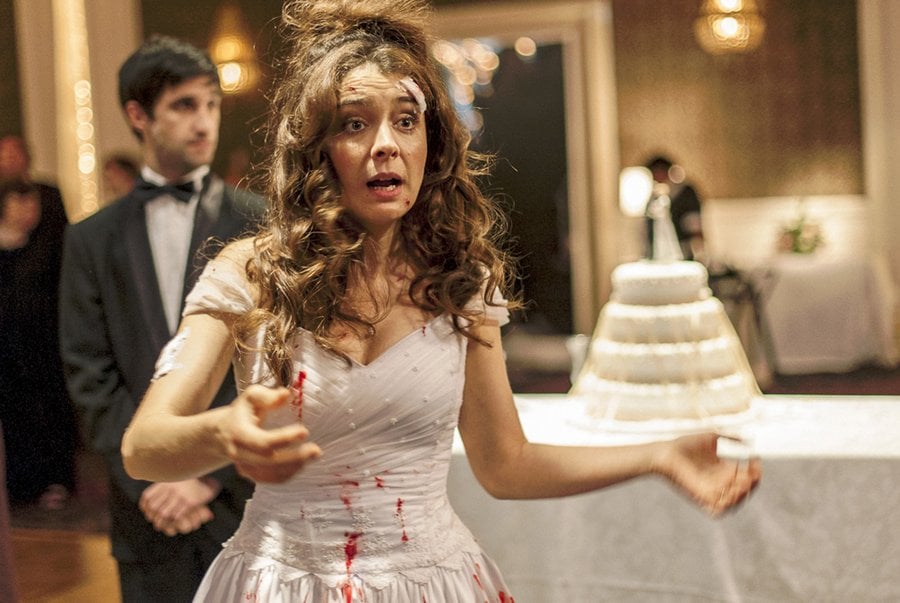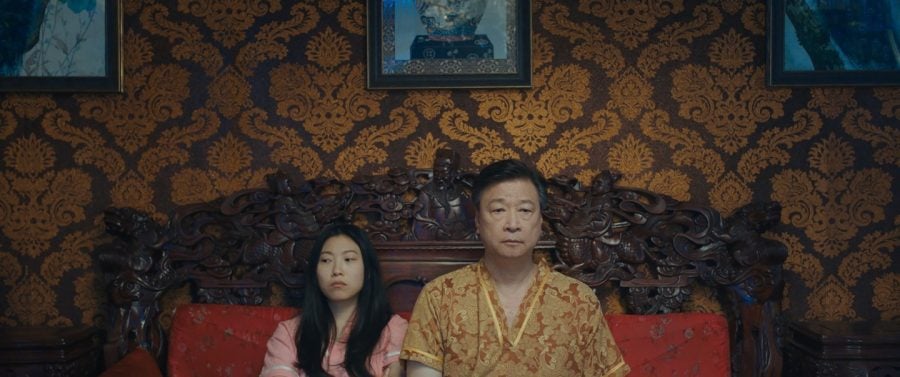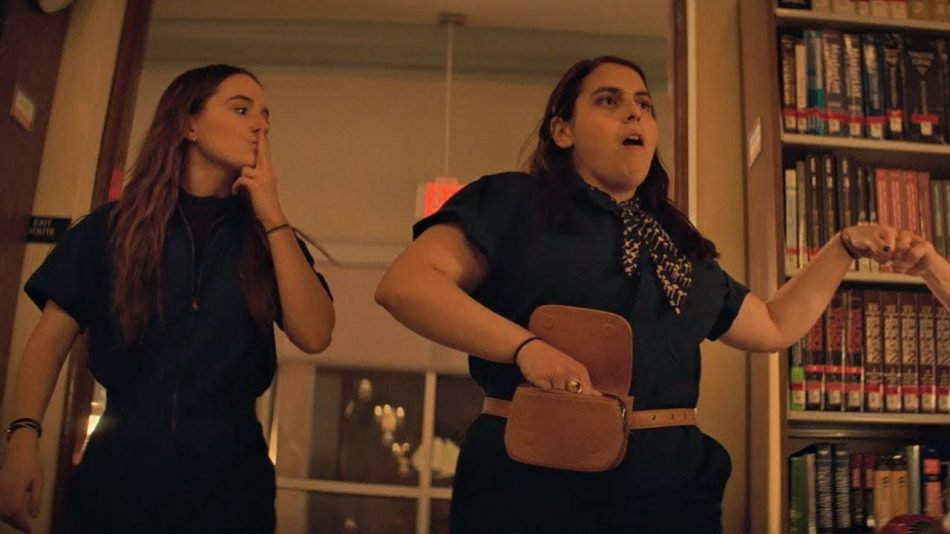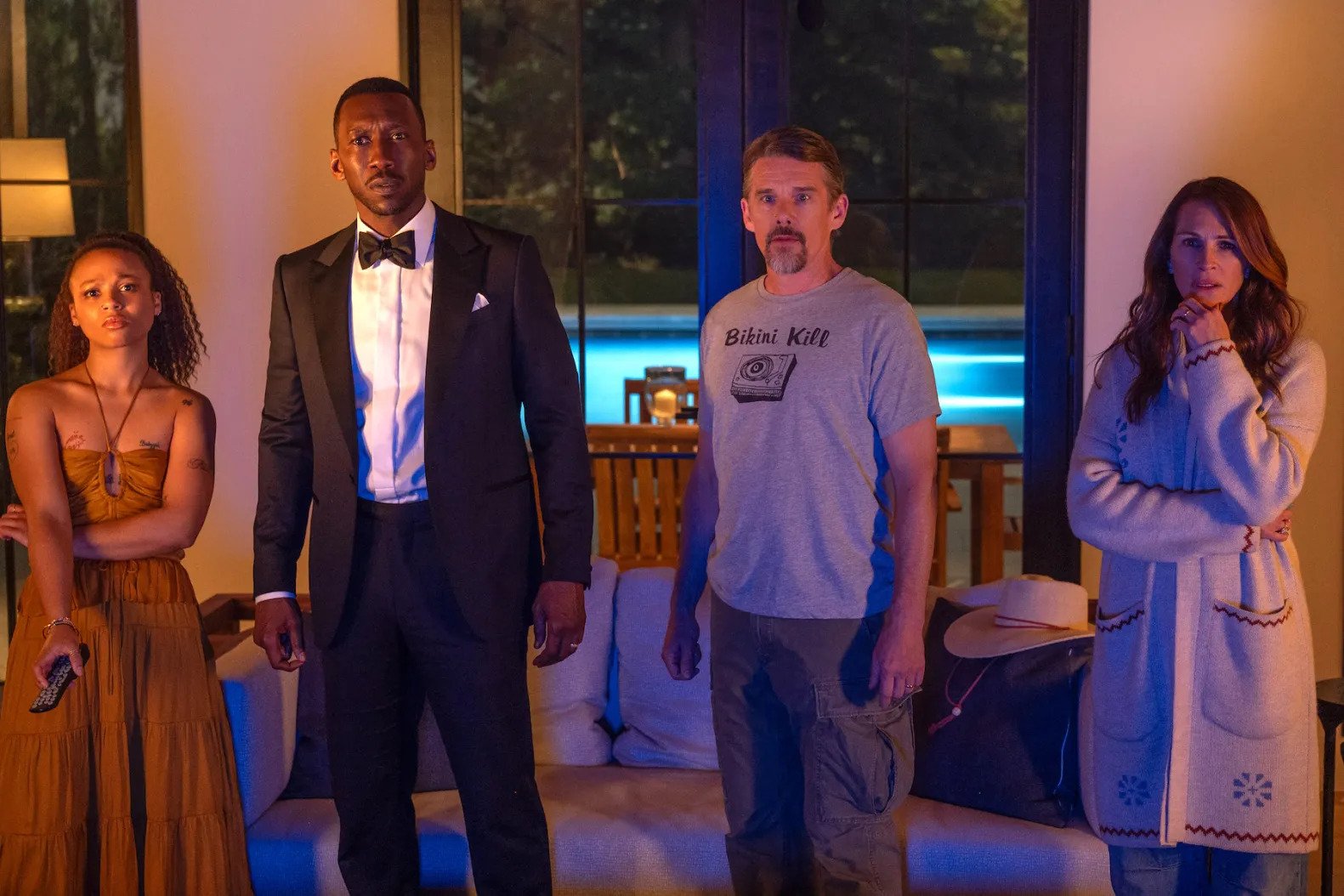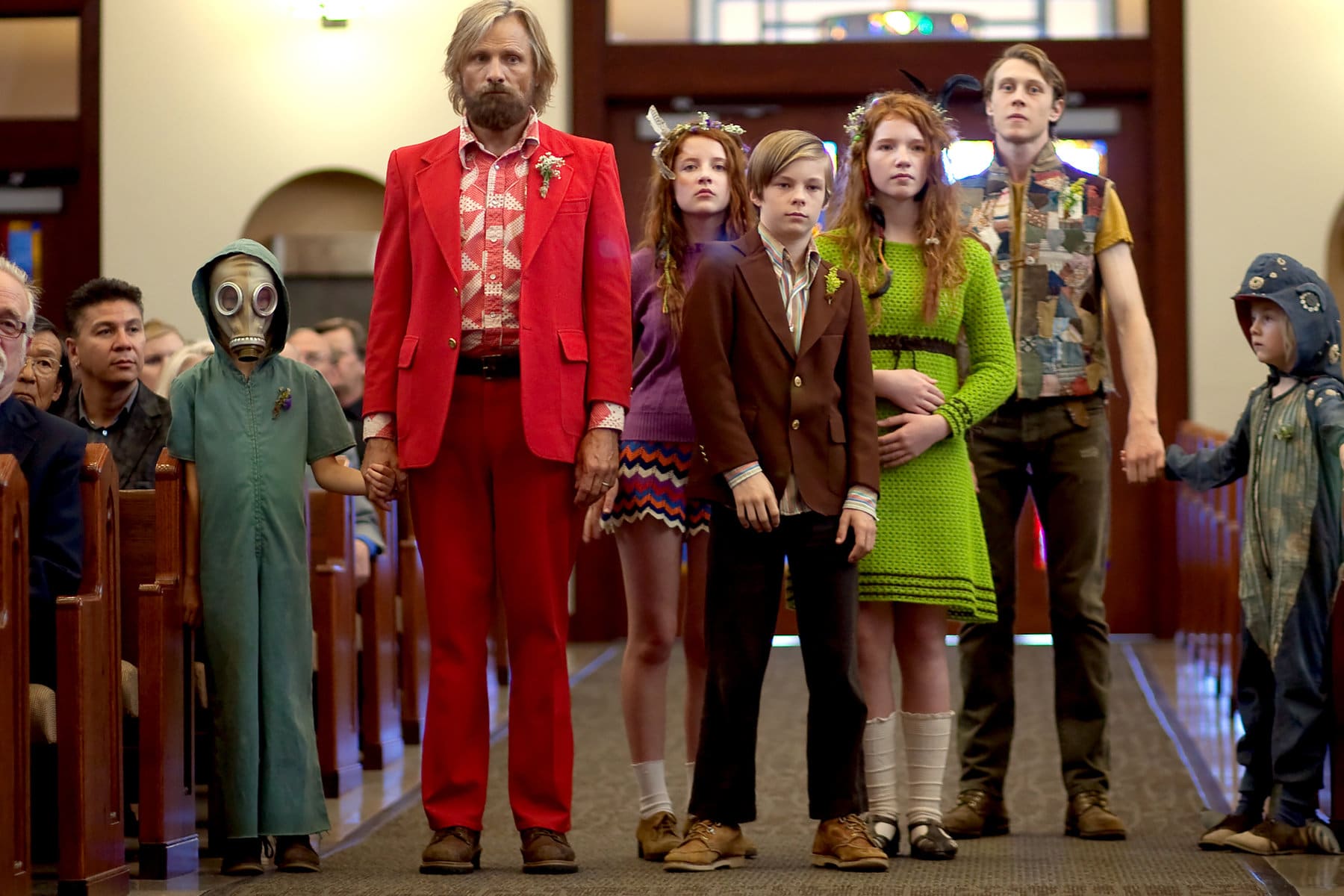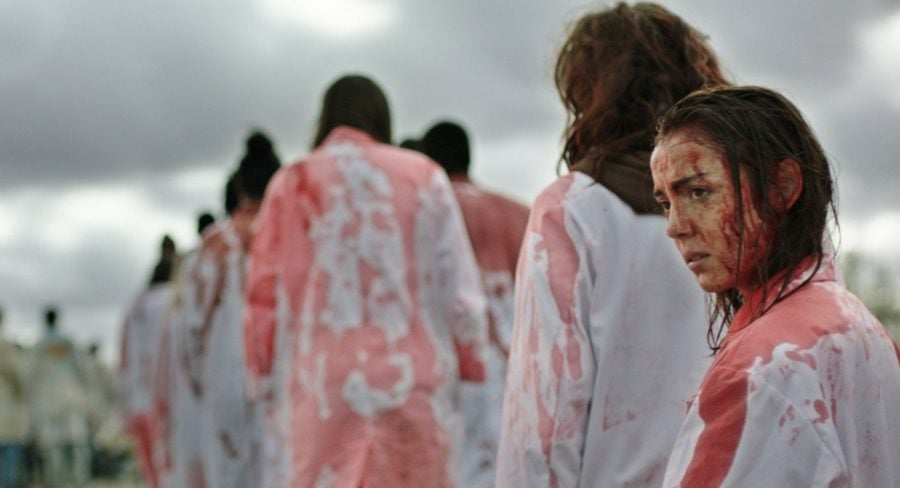
Movie
3.5
The Staff
TLDR
A zinging satire of Hollywood excess, but not in the way it wants to be.
What it's about
The take
An interesting premise quickly sputters out in Fool’s Paradise, writer-star Charlie Day’s misfire of a directorial debut. Day plays a down-and-out Charlie Chaplin-esque mute who happens to be a dead ringer for a difficult method actor (also Day) who’s stalling production on a Billy the Kid remake — and so he’s brought in by the movie’s producer (Ray Liotta) to star instead.
The rest of Fool’s Paradise follows in this vein, as things just happen to Latte Pronto (as he comes to be named). There’s wry satirical potential in this set-up: a lot can be revealed about someone (in this case, the self-serving stars, agents, and directors of Hollywood) by what they project onto a blank slate like Latte. The problem, however, is twofold: Fool’s Paradise doesn’t have anything especially sharp to say about the biz — and, in the absence of clever or indeed funny writing, the film’s weak center is exposed. Day’s wordless performance is understated to a fatal degree; presumably designed to highlight the ridiculousness of the Hollywood players he’s surrounded by, it only shows up the weakness of the material and the unfocusedness of some of the key supporting performances. Maybe the movie would’ve fared better had some of its other characters been silent instead.
What stands out
Fool’s Paradise becomes a much more engaging watch if you simply treat it as an exercise in pointing at the screen and saying, “I know them!”. The cast is layered with familiar faces, from Day’s It’s Always Sunny in Philadelphia cast mate Glenn Howerton to movie stars like Adrien Brody, John Malkovich, and the late, great Ray Liotta (in one of his final performances). There’s not much of worth for them to do here, but wondering who will pop up next is one of the few things lightening an otherwise grueling 90-something minutes.
Comments
Add a comment
Your nameYour comment
UP NEXT
UP NEXT
UP NEXT
Curated by humans, not algorithms.

© 2024 agoodmovietowatch, all rights reserved.



